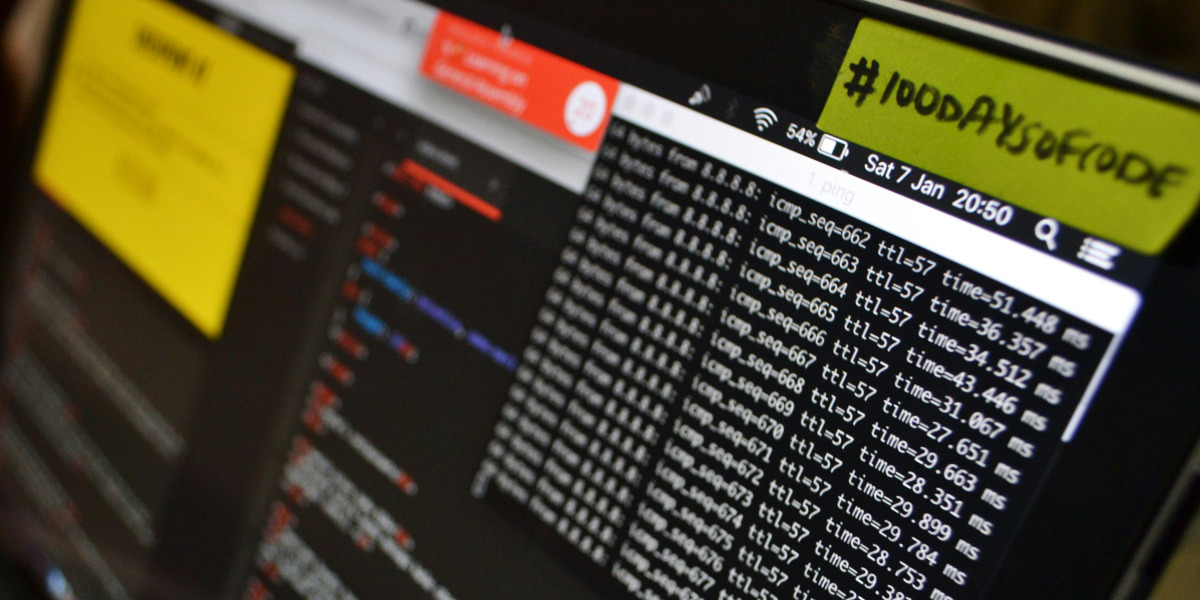The Internet has become integral to everyday life, facilitating activities such as shopping, banking, and socializing. However, the increasing reliance on digital platforms has also heightened the risks associated with cyber threats. Cybersecurity becomes paramount in safeguarding our online interactions as these threats become more frequent and sophisticated. Recent advancements in artificial intelligence (AI) significantly enhance cybersecurity measures, providing more effective ways to protect against evolving digital dangers.
Understanding Cyber Threats
Cyber threats encompass a range of online dangers that can compromise personal and organizational security. These threats include viruses, malware, and hacking attempts to steal sensitive information. For instance, phishing is a common cyber threat where deceptive emails mimic legitimate sources, such as banks, to trick individuals into revealing their login credentials. Additionally, unauthorized access to computers and networks can lead to the theft of personal data, posing severe risks to individuals and businesses. As digital activities expand, so does the landscape of cyber threats, making robust cybersecurity measures essential.
Enhancing Cybersecurity with AI
Artificial intelligence (AI) is revolutionizing the field of cybersecurity by introducing advanced capabilities that enhance the detection, prediction, and response to cyber threats. AI enables computers to learn from data, identify patterns, and make informed decisions, which are critical in combating sophisticated cyber attacks. The integration of AI into cybersecurity strategies offers several key benefits:
Rapid Threat Detection
AI excels in quickly processing vast amounts of data, allowing it to identify unusual patterns that may indicate a cyber threat. This capability enables faster detection of potential attacks compared to traditional methods, which often rely on manual monitoring and slower analysis processes. By swiftly identifying anomalies, AI systems can alert security teams to potential dangers, facilitating prompt action to mitigate risks.
Predictive Analysis
AI’s ability to analyze historical data and recognize patterns is crucial in predicting future cyber attacks. AI can anticipate possible threats by examining past incidents and preparing defenses accordingly. This predictive capability is a proactive measure, enabling organizations to strengthen their security posture before an attack occurs. Essentially, AI is a predictive tool that enhances the foresight of cybersecurity measures.
Automated Responses
One of AI’s most significant advantages in cybersecurity is its ability to automate responses to detected threats. When a potential threat is identified, AI systems can take immediate action to block malicious activities without the need for human intervention. This automation speeds up the response time and reduces the likelihood of human error, ensuring that threats are neutralized more effectively and efficiently.
The Importance of Cybersecurity Resilience
Cybersecurity resilience refers to an organization’s ability to recover quickly from cyber attacks and maintain operational continuity. Even with advanced defenses, breaches can still occur, making resilience a critical component of a comprehensive cybersecurity strategy. Resilient cybersecurity measures offer several important benefits:
Minimizing Damage
Cyber attacks can result in significant data loss and system disruptions. Cybersecurity resilience helps contain the damage by enabling rapid recovery and restoration of normal operations. Organizations can reduce the overall impact of cyber incidents by minimizing downtime and restoring services quickly.
Building Trust
Organizations that demonstrate strong resilience in handling cyber attacks earn the trust of their customers and stakeholders. When companies can effectively manage and recover from breaches, it reassures customers that their information is protected, fostering loyalty and confidence in the organization’s ability to safeguard their data.
Staying Compliant
Organizations must adhere to data protection laws and regulations to avoid legal penalties and maintain their reputation. Cybersecurity resilience ensures that companies meet these regulatory requirements by implementing effective recovery plans and maintaining robust security practices, thereby staying compliant with relevant laws.
AI’s Role in Enhancing Cybersecurity Resilience
AI advancements not only improve the prevention of cyber attacks but also bolster the resilience of cybersecurity systems. AI contributes to resilience in several ways:
Identifying Vulnerabilities
AI can analyze systems to identify weak points before hackers exploit them. By detecting vulnerabilities early, organizations can address these issues proactively, strengthening their defenses and reducing the likelihood of successful attacks.
Automated Recovery Plans
In a cyber attack, AI can develop and execute recovery plans automatically. This automation ensures systems and data are restored quickly, minimizing downtime and operational disruptions. Automated recovery processes enhance the speed and efficiency of response efforts, contributing to overall resilience.
Continuous Learning
AI systems continuously learn from each cyber attack, improving their ability to prevent and respond to future threats. This ongoing learning process enables AI to adapt to new and evolving cyber threats, making cybersecurity systems more robust and resilient over time.
Challenges of Implementing AI in Cybersecurity
While AI offers substantial benefits for cybersecurity, its integration also presents certain challenges:
High Costs
Implementing AI-driven cybersecurity solutions can be expensive, posing financial challenges for smaller businesses and organizations with limited budgets. The initial investment required for AI technologies may be prohibitive for some, limiting their ability to adopt these advanced security measures.
Complexity
AI systems are often complex to set up and manage. Effective implementation requires skilled professionals who can handle the intricacies of AI technologies and ensure their proper functioning. The complexity of AI integration can be a barrier for organizations lacking the necessary expertise.
False Positives
AI systems sometimes incorrectly identify legitimate activities as threats, leading to false positives. These unnecessary alerts can create disruptions and reduce the efficiency of cybersecurity operations, as security teams may need to investigate and address non-existent threats.
Benefits of AI-Driven Cybersecurity for Businesses
Despite the challenges, AI-driven cybersecurity provides significant advantages for businesses:
Enhanced Protection
AI offers superior protection against cyber threats by enabling faster and more accurate threat detection and response. With AI, businesses can establish a more secure digital environment, reducing the risk of data breaches and other cyber incidents.
Cost Efficiency
While the initial investment in AI systems can be high, these technologies can lead to long-term cost savings. By preventing cyber attacks, businesses can avoid the costly damages and downtime associated with data breaches, making AI a cost-effective solution.
Operational Efficiency
AI automates many cybersecurity tasks, allowing human workers to focus on more strategic activities. This automation increases overall efficiency and effectiveness in managing security operations, allowing organizations to optimize resources and improve their cybersecurity posture.
Future Perspectives on AI and Cybersecurity
The cybersecurity landscape is rapidly evolving, driven by continuous advancements in AI technology. As AI systems become more sophisticated, their ability to detect, predict, and respond to cyber threats will improve, making online environments safer for individuals and organizations. Integrating AI into cybersecurity strategies represents a significant step forward in the fight against cyber threats, providing more robust defenses and enhancing the resilience of digital systems.
Organizations must navigate the challenges associated with AI implementation to leverage its benefits fully. Investing in skilled professionals and ensuring proper management of AI systems are essential for maximizing the effectiveness of AI-driven cybersecurity measures. As AI technology advances, it will play an increasingly critical role in shaping the future of cybersecurity, offering innovative solutions to protect against the ever-evolving landscape of cyber threats.
Strengthening Digital Security with AI Innovations
AI advancements are transforming cybersecurity by enhancing threat detection, prediction, and response capabilities. These innovations are crucial in building resilient cybersecurity systems that swiftly adapt to and recover from cyber-attacks. While challenges such as high costs and complexity remain, the benefits of AI-driven cybersecurity—enhanced protection, cost efficiency, and improved operational efficiency—underscore its importance in the digital age. As AI technology continues to evolve, its role in strengthening cybersecurity will become even more pivotal, ensuring a safer and more secure online environment.
Published by: Martin De Juan






